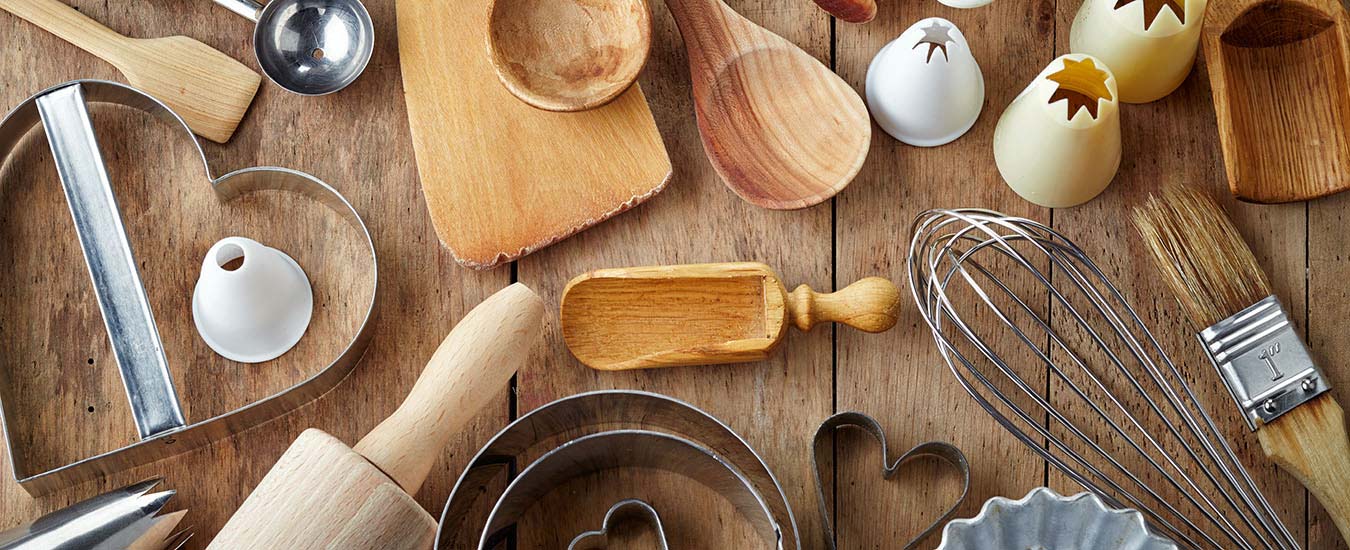Q I've noticed that a lot of baking recipes call for unsalted butter. Since I don't bake a lot (and unsalted butter spoils fairly quickly), I'm hesitant to buy it. Is there an alternative?
A I have two suggestions. First: buy unsalted butter, use what you need, then freeze the rest in ¼ cup (50 mL) portions for later use - that way, there's no waste. Or you can simply use regular butter and eliminate salt elsewhere in the recipe.
Q I've recently come across a recipe for Farro Salad. It sounds appealing, but I've never heard of farro. What is it?
A Farro is a cereal grain that belongs to the wheat family, and is commonly used in Middle Eastern cooking. It also shows up frequently in Italian cooking. It is becoming more well-known as we put more emphasis on healthy eating, but it is not always easy to find. Barley, couscous or bulgur wheat are good substitutes; just cook them according to package instructions before adding them to your salad.
Q I'm trying to eat healthier and am including lots of fruits, nuts and grains in my diet. I've heard about "wheat berries." What are they?
A Wheat berries aren't actually berries at all; they are whole, unprocessed kernels of wheat, and that is what makes them incredibly healthy. They contain the bran, endosperm and germ of the wheat, so they have all the fibre and vitamins that are typically lost in the refining process. Wheat berries can be used in salads, added to soups and chillies, or stirred into your morning oatmeal. They are sometimes sold as whole kernel wheat.
Q I'm a beginner cook and I was wondering what knives I should purchase to get me started.
A When it comes to knives, quality surpasses quantity. If you're willing to spend a little, good-quality knives, when cared for, should last you a lifetime. There are several excellent brands available; my personal favourite, Grohmann Knives, are manufactured in Nova Scotia.
I recommend an eight- to 10-inch serrated knife, for slicing breads (you can use it for meats as well); a 10-inch chef's knife, used for chopping, slicing and mincing; and a paring knife, for peeling and chopping fruits and vegetables.

Q My husband and I prefer brown rice, but why does it take longer to cook?
A Brown rice is hulled with the bran and germ intact. This acts as a barrier to water, so kernels take longer to cook, but it also provides a nice, nutty flavour and firm texture, offering additional vitamins, minerals and fibre. A compromise between brown rice and white rice is brown converted or parboiled rice, which is steamed before it's milled. It takes less time to cook than regular brown rice, and is more nutritious than fast-cooking white rice.
Because of the oil in its germ, brown rice has a shelf life of three to six months, whereas white rice lasts pretty much indefinitely.
Do you have a food question for Alain? E-mail your questions to This email address is being protected from spambots. You need JavaScript enabled to view it..
